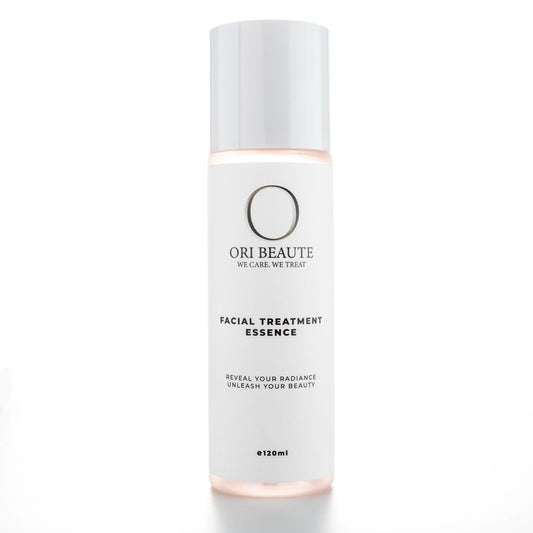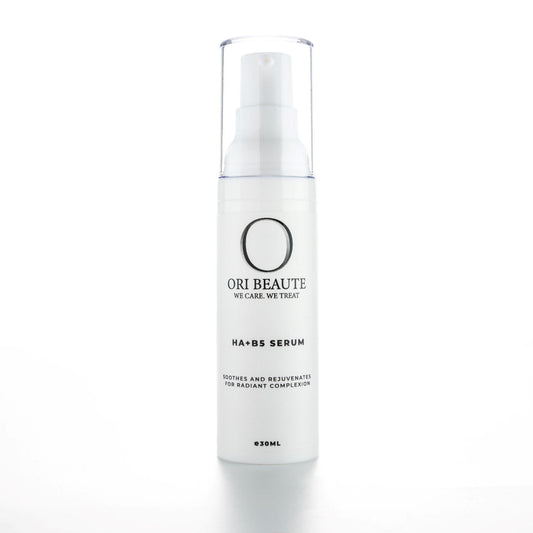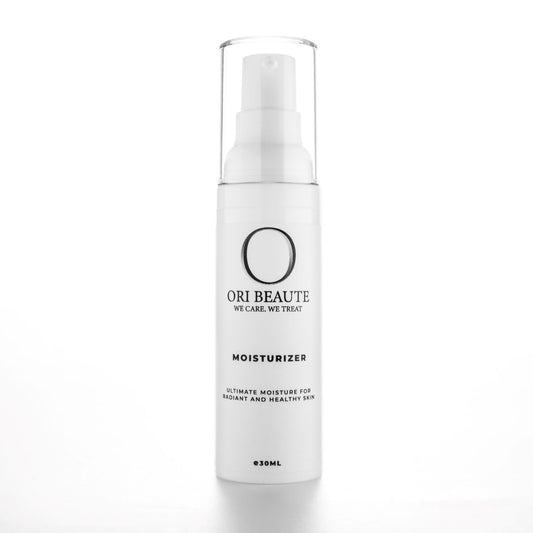Dry Skin
Dry skin is a common skin concern that can occur due to various factors, such as genetics, environmental conditions, aging, and certain lifestyle habits. If you're dealing with dry skin, here are some tips and suggestions to help you manage and improve your skin's condition:
Tips & Suggestions

1. Moisturize regularly
One of the most important steps in managing dry skin is keeping it well-hydrated. Use a rich, moisturizing cream or lotion after bathing or washing your face to lock in moisture. Look for products that contain ingredients like hyaluronic acid, glycerin, shea butter, or ceramides, as they help to replenish and retain moisture in the skin.
2. Avoid hot showers and baths
Hot water can strip the skin of its natural oils, making it even drier. Opt for lukewarm water instead and limit your shower or bath time to no more than 10 minutes.
3. Use gentle cleansers
Choose mild, fragrance-free cleansers that are formulated for dry or sensitive skin. Harsh soaps and cleansers can further dry out the skin and cause irritation. Consider using non-foaming or cream cleansers that provide hydration while cleansing.
4. Exfoliate gently
Exfoliation helps to remove dead skin cells and promote cell turnover, which can improve the appearance of dry skin. However, be cautious not to over-exfoliate, as it can lead to irritation and worsen dryness. Use a gentle exfoliator once or twice a week to avoid stripping away essential oils.
5. Drink plenty of water
Hydration is key for maintaining overall skin health. Drink an adequate amount of water throughout the day to keep your body and skin hydrated from within.
6. Protect your skin from harsh weather conditions
Cold, windy, and dry environments can exacerbate dry skin. During colder months, wear protective clothing, such as scarves and gloves, to shield your skin from harsh weather conditions. Use a humidifier in your home to add moisture to the air.
7. Avoid irritating ingredients
Some skincare products and ingredients can irritate and dry out the skin further. Avoid products containing alcohol, fragrances, and harsh chemicals. Look for gentle, hypoallergenic, and fragrance-free products instead.
8. Consider using facial oils
Facial oils can provide an extra boost of hydration for dry skin. Choose oils such as
jojoba, rosehip, or argan oil, and apply a few drops to your face after moisturizing.
10. Consult a dermatologist
If your dry skin is persistent, severe, or accompanied by other symptoms, it may be beneficial to consult a dermatologist. They can evaluate your skin condition, provide a proper diagnosis, and recommend appropriate treatment options, such as prescription creams or ointments.
Recommended Product(s)
-
cleanser 150ml
Regular price RM118.00Regular priceUnit price / perRM118.00Sale price RM118.00 -
facial treatment essence 120ml
Regular price RM288.00Regular priceUnit price / perRM288.00Sale price RM288.00 -
HA+B5 serum 30ml
Regular price RM238.00Regular priceUnit price / perRM238.00Sale price RM238.00 -
moisturizer 30ml
Regular price RM118.00Regular priceUnit price / perRM118.00Sale price RM118.00




